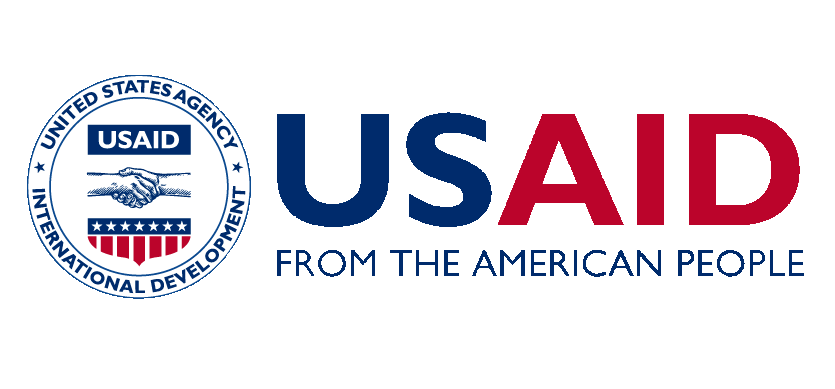Addressing Family Planning Access Barriers Using an Integrated Population Health Environment Approach in Rural Uganda
Among other objectives, the HoPE-LVB project aimed to increase support for family planning (FP) and women‘s involvement in decision-making by linking FP benefits to community needs including income generation from nature-based livelihoods. Improved FP access was measured by the project using qualitative methods and the project‘s indicator database in terms of five barriers: service quality, community knowledge, physical access, finances, and social acceptability. Through coordinated interventions representing multiple sectors, the project helped communities move more towards a tipping point whereby FP use has now become more an acceptable and accepted social norm. Central to this has been improving service quality and physical access as well as facilitating women‘s involvement in income-generation, thereby increasing their agency and contribution to decision-making including pregnancy timing.
Year: 2018
Source: African Journal of Reproductive Health





